Pathophysiology Applied to Nursing Practice
| Publisher |
Elsevier |
|---|---|
| Language |
English |
| Edition |
1st |
| Format |
Publisher PDF |
| ISBN 10 |
0729537439 |
| ISBN 13 |
978-0729537438 |
- Best Price Guaranteed
- Best Version Available
- Free Pre‑Purchase Consultation
- Immediate Access After Purchase
$23.70
Categories: Basic SciencesNursing
Pathophysiology Applied to Nursing Practice
Esther Chang, a Registered Nurse with a background in Community Health Nursing, Certified in Nursing Administration, and holding a Master’s in Education Administration and a Doctorate in Philosophy, as well as being a Fellow of the College of Nursing (New South Wales) and an accomplished author, collaborates with John Daly, a Registered Nurse with a Bachelor of Arts, a Master’s in Education with Honors, a Bachelor of Health Science in Nursing, a Doctorate in Philosophy, a Member of the Australian College of Health Service Executives, a Fellow of the College of Nursing Australia, and a Fellow of the Royal College of Nursing Australia, who is also a prolific author.
This invaluable reference material serves to establish a solid groundwork for comprehending significant pathophysiological mechanisms, the application of pharmacology, and the associated nursing considerations.
Within its contents lies a comprehensive framework for evaluating prevalent health issues, which is constructed upon essential principles derived from the realms of biological and behavioral sciences. The book’s compelling method of utilizing case studies progresses in intricacy as each chapter unfolds, effectively demonstrating the practical implementations of pathophysiology and pharmacology within the realm of nursing practice.
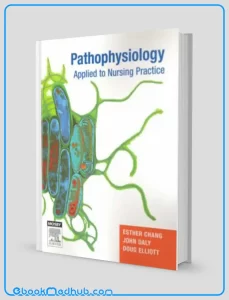
Pathophysiology Applied to Nursing Practice
Key Features
The book “Pathophysiology Applied to Nursing Practice” encompasses several prominent features that contribute to its significance in the field:
One of the primary strengths of Pathophysiology Applied to Nursing Practice lies in its establishment of a robust foundation for understanding major pathophysiological processes. This characteristic renders the book indispensable for both nursing students and professionals who aspire to grasp the fundamental underpinnings of health issues.
By delving into applied pharmacology, the text effectively bridges the gap between pathophysiological knowledge and the practicalities of medication administration and management within nursing contexts. This linkage serves to enhance the reader’s comprehension of how pathophysiology directly influences medication-related decisions in clinical settings.
Furthermore, the book adopts a holistic framework for evaluating health problems, drawing upon insights from biological and behavioral sciences to present a comprehensive outlook on the subject matter.
A noteworthy aspect of the book is the inclusion of engaging case studies in each chapter. These case studies progressively increase in complexity, offering a tangible demonstration of how pathophysiology and pharmacology are applied in real-world nursing scenarios.
By emphasizing the real-world relevance of pathophysiological understanding, the text enables readers to make direct connections between theoretical knowledge and its practical implications in nursing care and patient management.
Moreover, the book underscores the significance of nursing implications arising from pathophysiological processes, thereby aiding students and professionals in discerning how these processes impact nursing practice and patient well-being.
Pathophysiology Applied to Nursing Practice adopts a comprehensive approach to addressing healthcare issues, equipping its readers with a broad spectrum of knowledge and skills necessary to tackle a diverse array of health conditions. This multifaceted approach ensures that individuals engaging with the text are well-prepared to navigate the complexities of healthcare delivery and patient care across various clinical settings.
Ultimately, the book’s amalgamation of foundational understanding, applied pharmacology, holistic assessment frameworks, engaging case studies, real-world relevance, nursing implications, and a comprehensive healthcare approach solidifies its position as an invaluable resource for those involved in the nursing profession.

Pathophysiology Applied to Nursing Practice
Summary
“Pathophysiology Applied to Nursing Practice” authored by Esther Chang and John Daly serves as a thorough and invaluable reference text that effectively closes the divide between comprehending key pathophysiological mechanisms and their hands-on implementation in nursing care.
This book furnishes nursing students and professionals with a strong basis for understanding health issues while also integrating the practical application of pharmacology within the realm of nursing practice. Through a captivating case study method that gradually progresses in complexity, the authors demonstrate how pathophysiology significantly impacts nursing care provision and patient treatment.
By adopting a comprehensive framework that draws from both biological and behavioral sciences, “Pathophysiology Applied to Nursing Practice” provides readers with the necessary knowledge and competencies to evaluate and manage a diverse array of health conditions.
Consequently, this resource becomes an indispensable instrument for both nursing education and daily practice, aiding in the enhancement of patient care outcomes and nursing proficiency.

Pathophysiology Applied to Nursincg Practice
This website offers ( Pathophysiology Applied to Nursing Practice ) with just a few clicks.
The website strives to provide you with simple access to the medical field as well as readily available information that you can download.
You can download all of the books at a reasonable price and get the most recent scientific data in the world of medicine anytime you want at ebookmedhub.com.
Other Products :



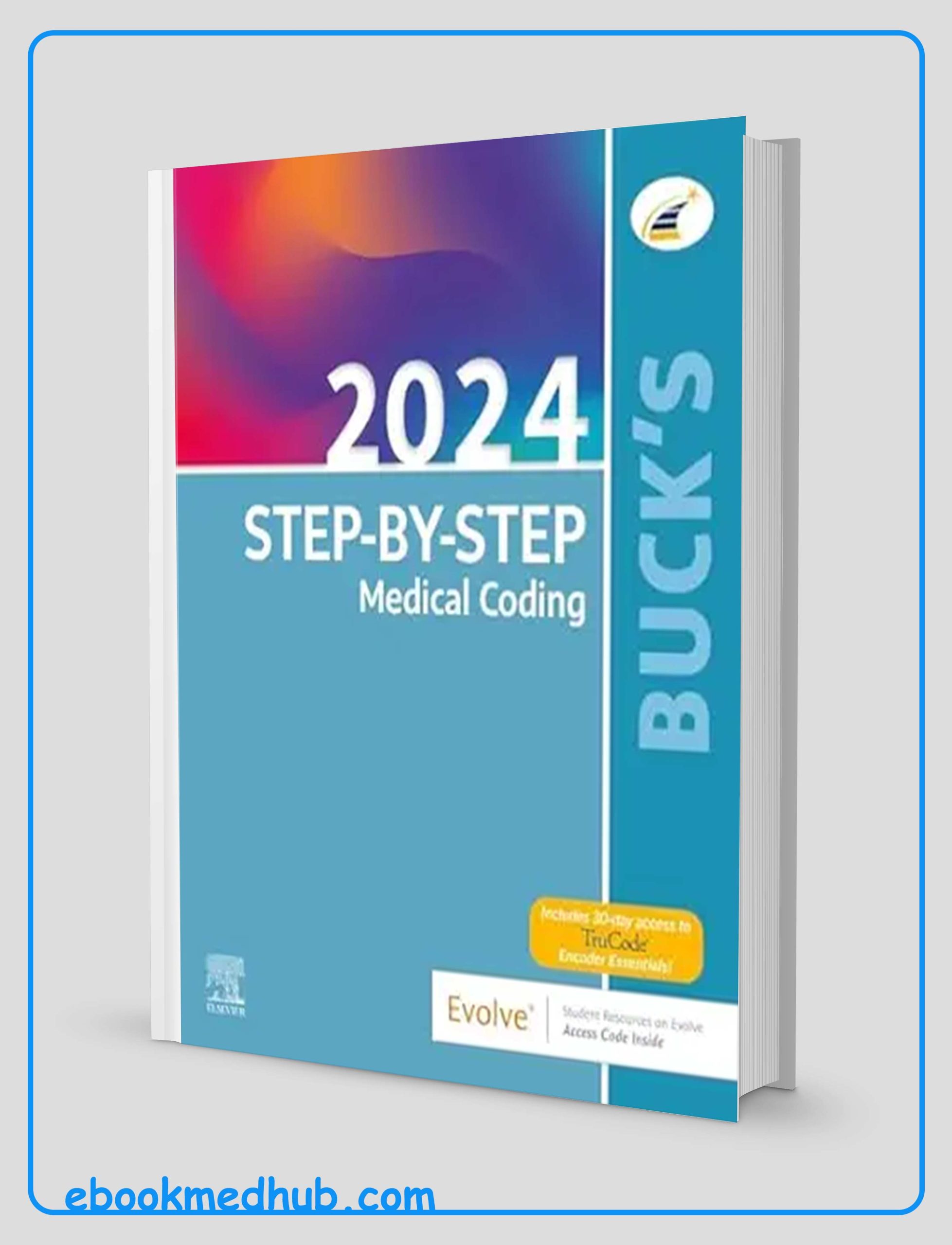

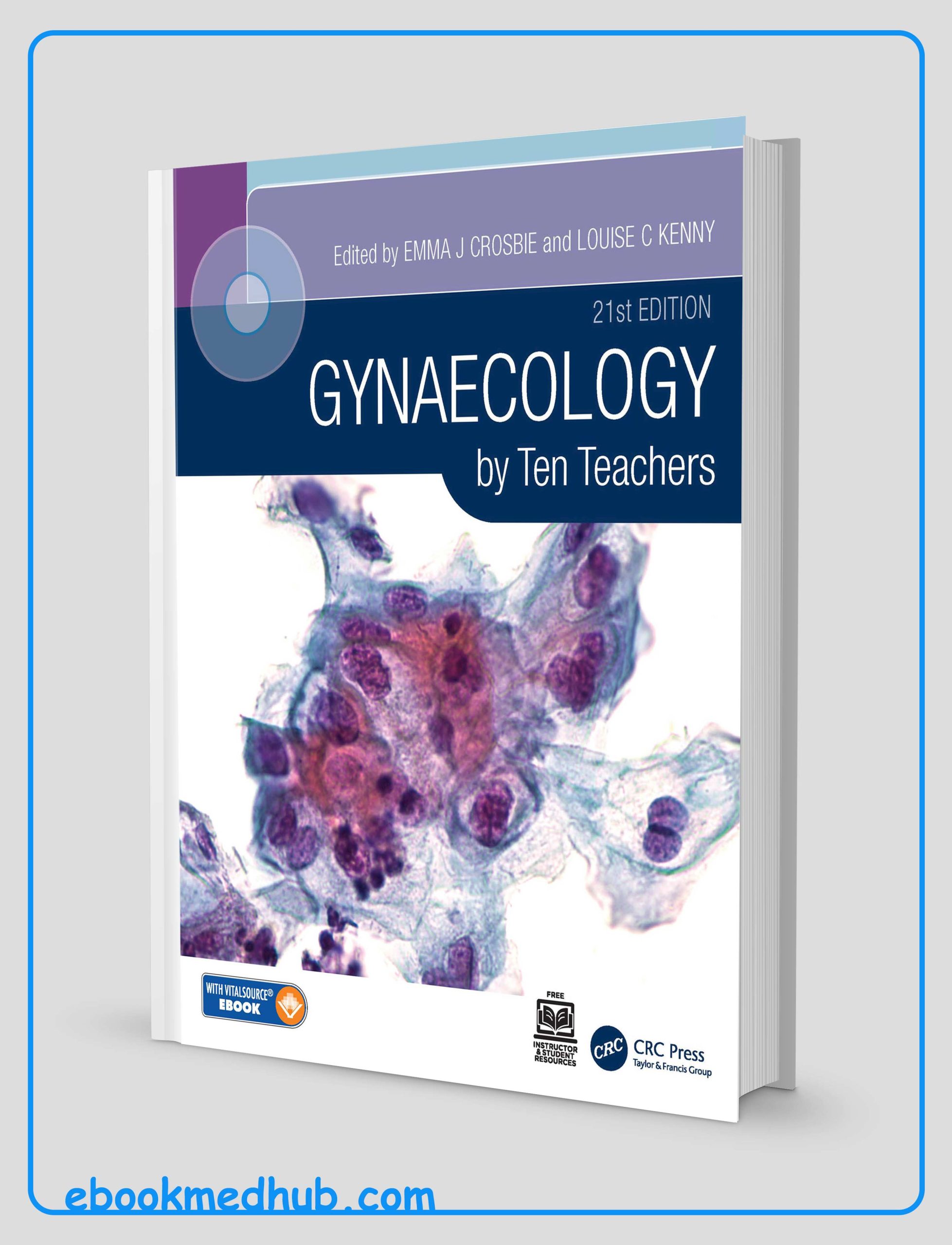
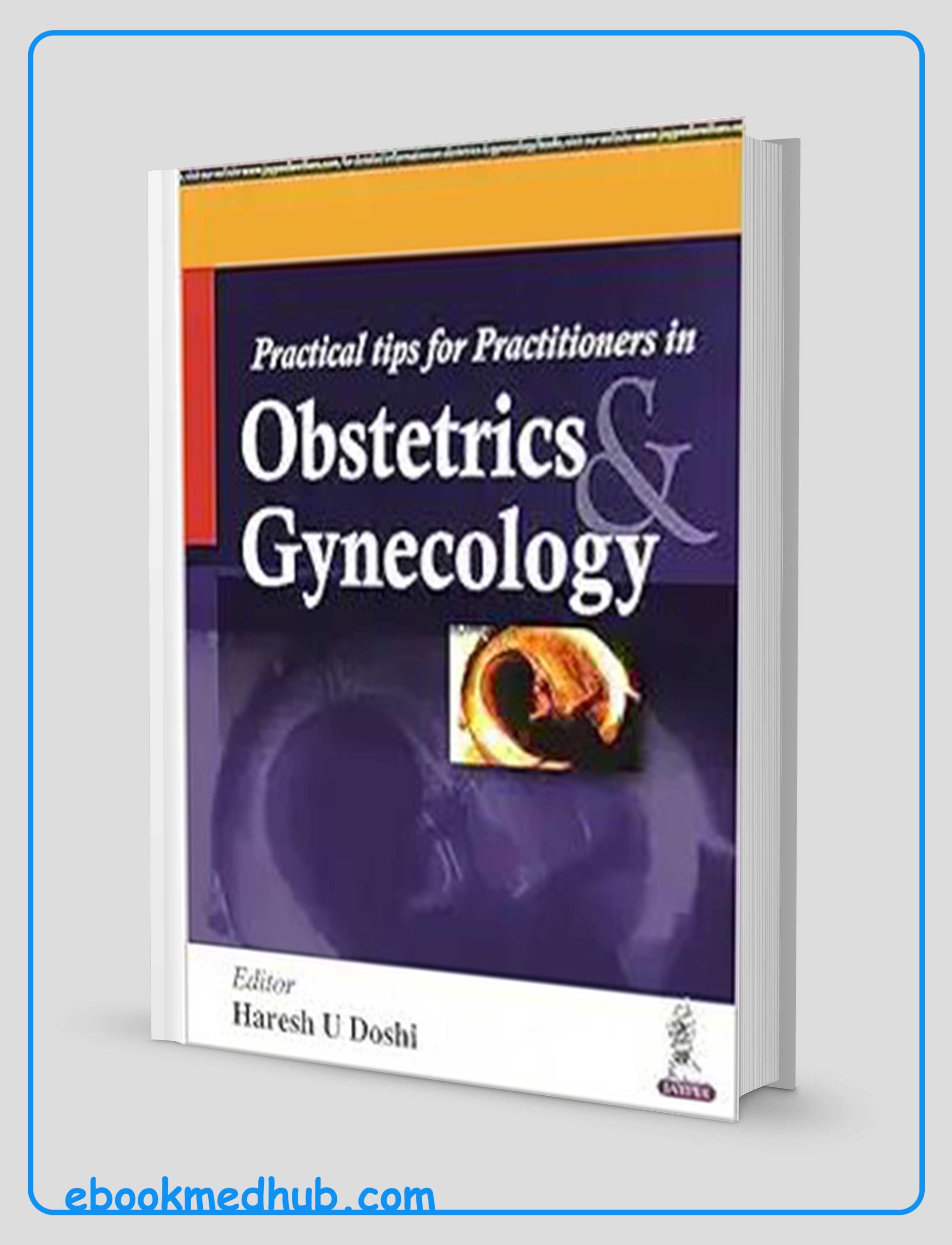


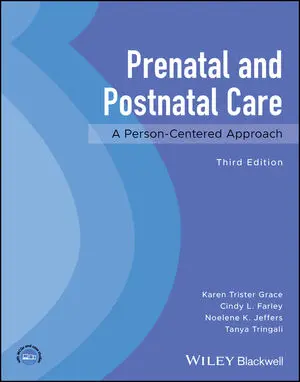






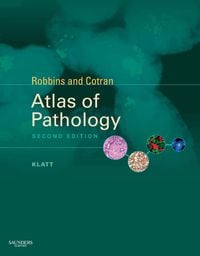
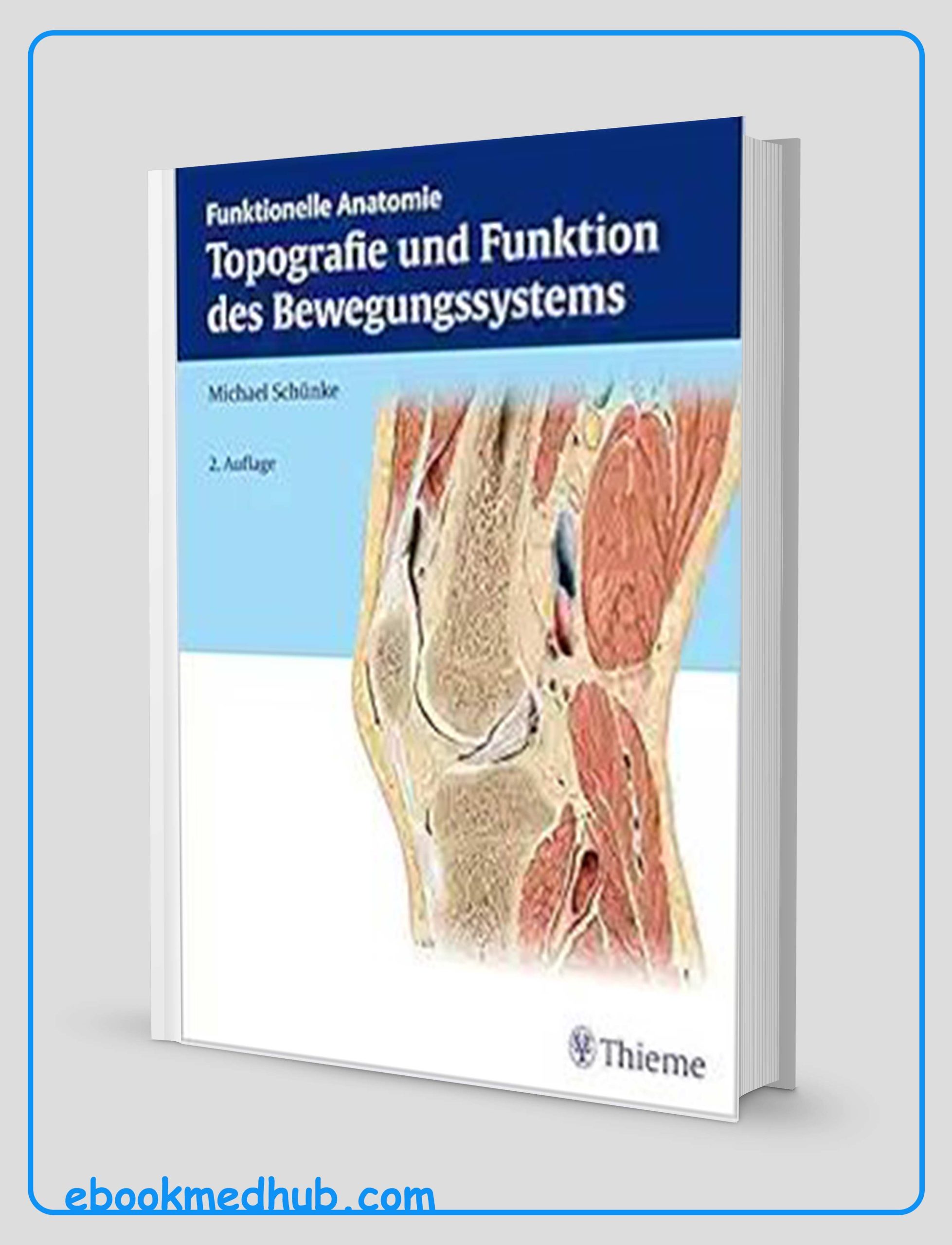
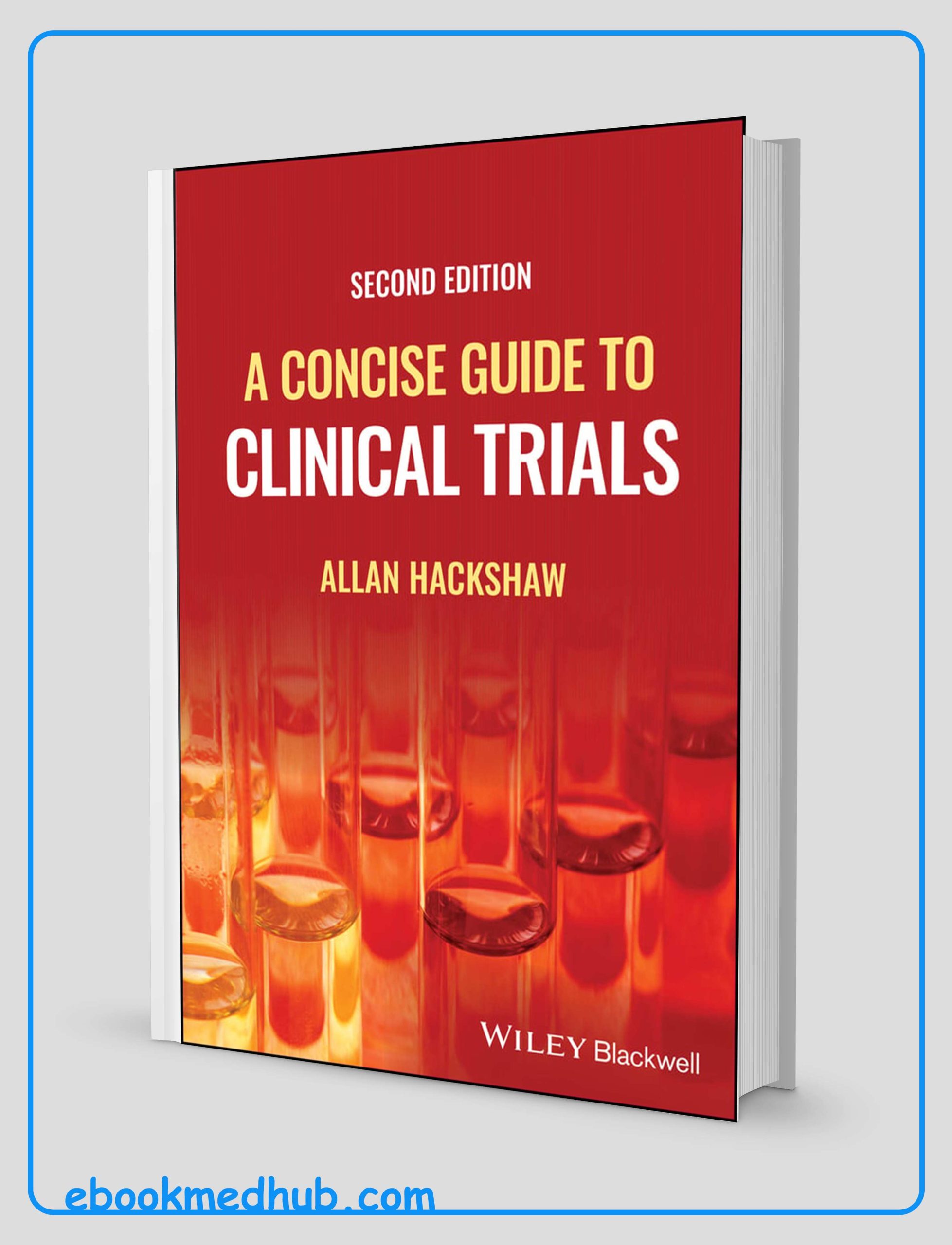

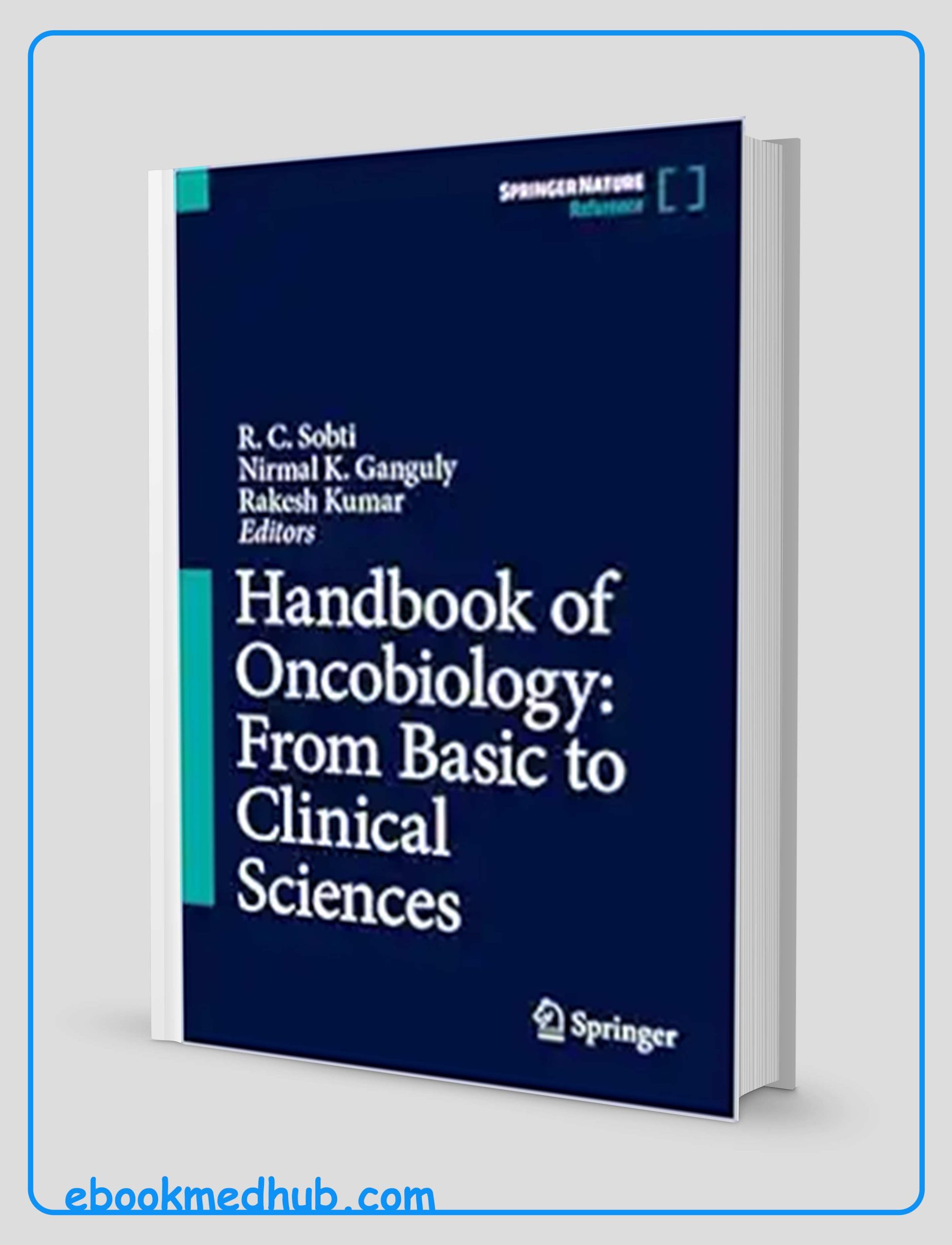






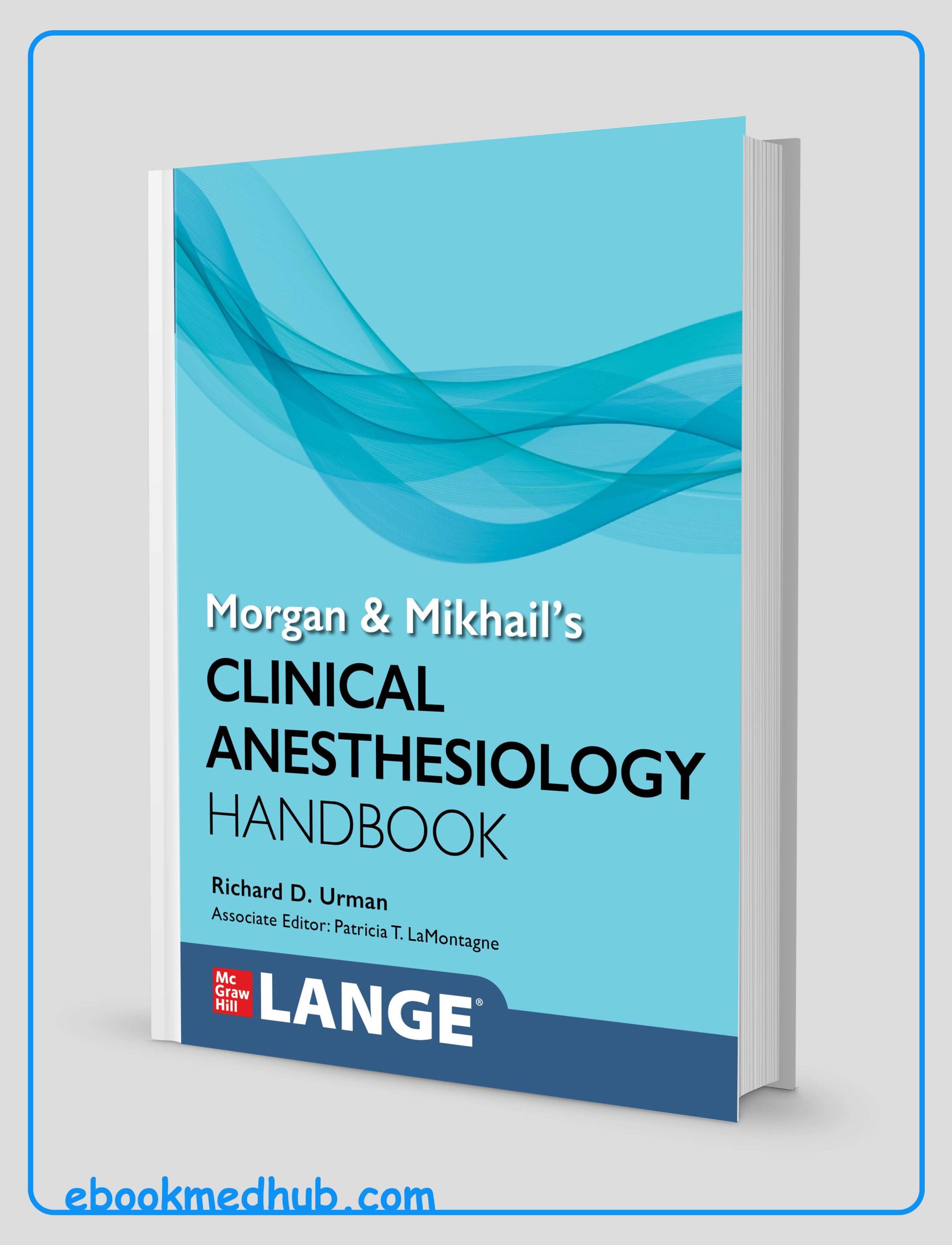
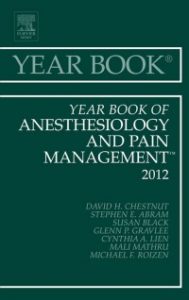


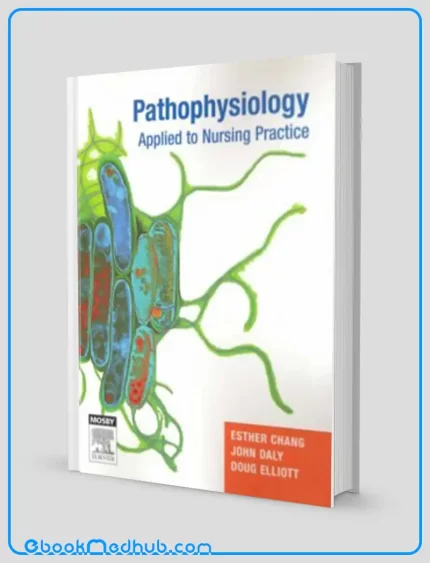
Reviews
There are no reviews yet.